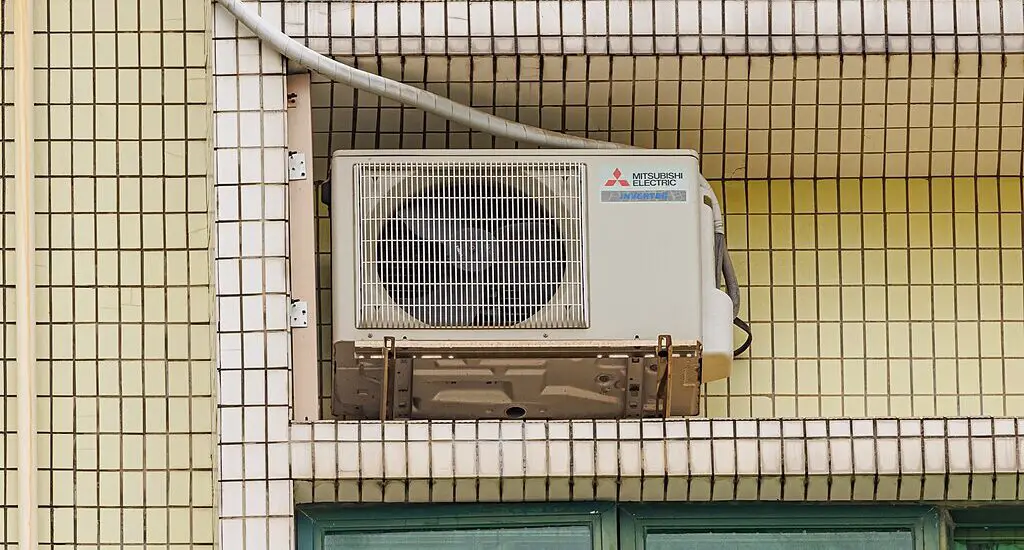Wondering what to do when freon leaks? This guide dives deep into each step you should take when faced with a Freon leak. By the end of this article, you will have a comprehensive understanding of how to identify, react to, and prevent Freon leaks.

Table of Contents
Identifying a Freon Leak
Identifying a Freon leak promptly is critical. Freon, a brand name for refrigerants used in air conditioning systems, can be harmful to the environment and potentially to your health. Here’s what to look for:
Decreased Cooling Efficiency: This is often the first sign homeowners notice. If your air conditioning system is not cooling as it used to, it could be due to a Freon leak.
Hissing or Bubbling Sounds: These sounds occur when gas escapes through cracks or holes in your refrigerant lines. Pay attention to unusual noises coming from your AC unit.
Ice Formation: Ice or frost on the refrigerant lines, especially in warmer weather, is a clear indication of a leak. This happens because the refrigerant, which is at a much lower temperature, comes in contact with the outside air.
Visible Damage: Sometimes, you can see physical signs of wear or damage on the refrigerant lines, such as corrosion or cracks.
Unexplained Increase in Energy Bills: A Freon leak can cause your system to work harder, leading to higher energy consumption and bills.
Safety Precautions
When dealing with Freon leaks, safety is paramount. Freon is not poisonous, but it can displace oxygen, which can lead to asphyxiation in confined spaces. Here are some safety measures:
Ventilate the Area: Open windows and doors to ensure good air circulation. This helps to disperse any concentrated refrigerant in the air.
Evacuate if Necessary: In cases of large leaks, it’s safer to evacuate the area and wait for professional help. Especially in poorly ventilated spaces, the risk of oxygen displacement is higher.
Avoid Direct Contact: Direct contact with Freon, especially in liquid form, can cause frostbite. Wear protective gloves if you need to be near the leak.
Do Not Inhale: Avoid inhaling near the leak site. Freon inhalation can cause dizziness, headaches, and in severe cases, asphyxiation.
Turn Off Your HVAC System
To prevent further Freon loss and potential damage to your system, you need to turn off your HVAC system:
Locate the Power Switch: This is typically found on the furnace or the exterior condenser unit. In some cases, it may be a circuit breaker in your electrical panel.
Switch Off the System: Start by turning off the thermostat to prevent the system from trying to cycle on. Then, switch off the power at the unit or breaker.
Observe for Any Changes: After shutting down the system, listen for any changes in sound and watch for any new leaks. This can help the technician diagnose the problem.
Contact a Professional
Repairing a Freon leak is not a DIY task. It requires specialized skills and tools. Here’s what to consider when hiring a professional:
Qualifications: Ensure the technician is EPA-certified to handle refrigerants. This certification is crucial for legal and safety reasons.
Experience: Experienced technicians can diagnose and repair leaks more efficiently and may be able to offer insights into preventing future issues.
Tools: Proper leak detection tools, such as electronic detectors or UV dye, are necessary for accurately locating and repairing a leak.
References: Ask for and check references or read online reviews to ensure the technician’s reliability and quality of work.
Be prepared to describe the issue and any steps you’ve already taken.
Preventive Measures
Prevention is key in avoiding Freon leaks. Regular maintenance can significantly reduce the risk:
Regular Maintenance: Have a professional inspect and service your HVAC system annually. This includes checking for leaks, cleaning coils, and ensuring all components are functioning correctly.
Address Minor Issues Promptly: Small problems, like noises or reduced cooling efficiency, can be early signs of bigger issues. Addressing these early can prevent leaks.
Monitor System Performance: Keep an eye on your system’s efficiency and cooling power. Sudden changes can indicate a problem.
Environmental Considerations: Be aware of environmental regulations regarding Freon. Some older systems use Freon types that are being phased out due to environmental concerns.
Remember, an ounce of prevention is worth a pound of cure when it comes to HVAC systems.